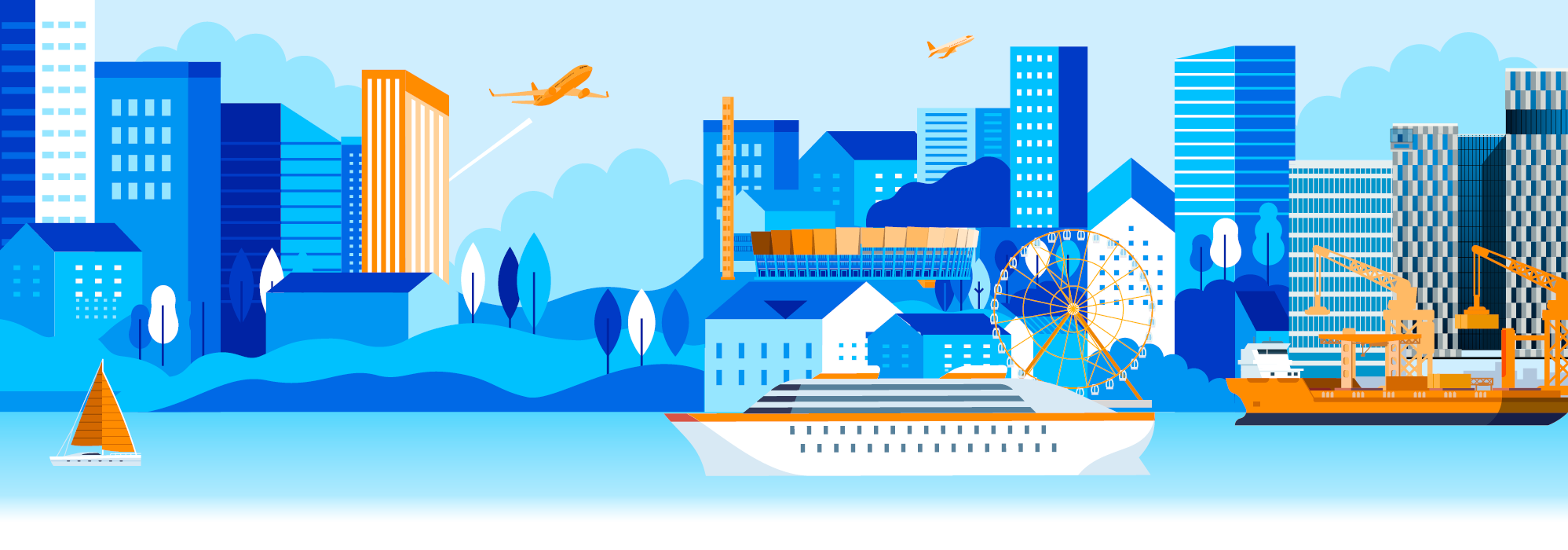Candidates generously promise new and improved services for residents in the run-up to municipal elections. However, elections should also focus on how to grow the available resources. After all, all the services that candidates want to offer residents for free or at heavily subsidized prices can only be funded through tax revenue—generated when someone is willing to take on entrepreneurial risk in the municipality and, ideally, create jobs for others. How can municipalities ensure that businesses have the best possible conditions to grow and succeed?
The metropolitan area sees a high number of new businesses emerging. However, companies in our region remain relatively small on average. For example, Helsinki has 51,000 businesses, of which as many as 45,000 employ a maximum of five people and 48,000 fewer than ten people. Only 335 companies employ at least 250 people, yet they provide jobs for 40% of all employees.
For businesses to thrive and grow, they need a bold vision, expertise, and sufficient funding. Their confidence increases when the operating environment is predictable, skilled labor is available, transportation flows smoothly, and bureaucratic processes such as zoning and permits are efficient. Here, municipalities play a key role.
Municipalities must promote their region’s vitality and employment by ensuring well-functioning markets and fostering economic diversity. Ideally, a municipality serves as an excellent platform for conducting business. Markets work best when municipalities refrain from interfering in areas where private companies are already active. One factor distorting market competition is municipalities’ ability to bypass procurement laws and purchase services from companies they own—even with minimal ownership—without competitive bidding. Improving the efficiency and impact of public procurement requires investments in municipalities’ procurement expertise and collaboration with businesses.
Smooth transportation is vital for businesses, whether for trade, commuting, logistics, or tourism. In the metropolitan area, well-functioning logistics are a fundamental requirement for Finland’s exports and imports. Goods passing through Helsinki’s ports account for roughly half the total value of Finland’s maritime transport. Air traffic plays a crucial role in ensuring Finland’s global connectivity, with international air cargo carrying particularly high-value goods. The development of ports and the airport depends on seamless integration with the transportation system across all modes of travel.
Businesses Need a Flourishing and Evolving Metropolitan Area
The metropolitan area is growing rapidly. Zoning and permit processes must not slow down investments. Collaboration between businesses and municipalities, including alliance models, can ensure projects move forward and enhance regional vitality. Urban renewal also requires changes in property use. Zoning regulations should avoid overly detailed restrictions on aspects that should be determined during the building design phase.
The growth of the metropolitan area is driven by immigration. More than half of Finland’s foreign-language speakers live here. To ensure the availability of labor and an attractive living environment, it is crucial to maintain sufficient and diverse housing production. Combating segregation and providing multilingual services present challenges for municipalities. However, in the coming years, our competitiveness will depend on our ability to attract international talent to the metropolitan area—and to make them want to stay.
This article was translated by an AI. Please find the original article from here.




